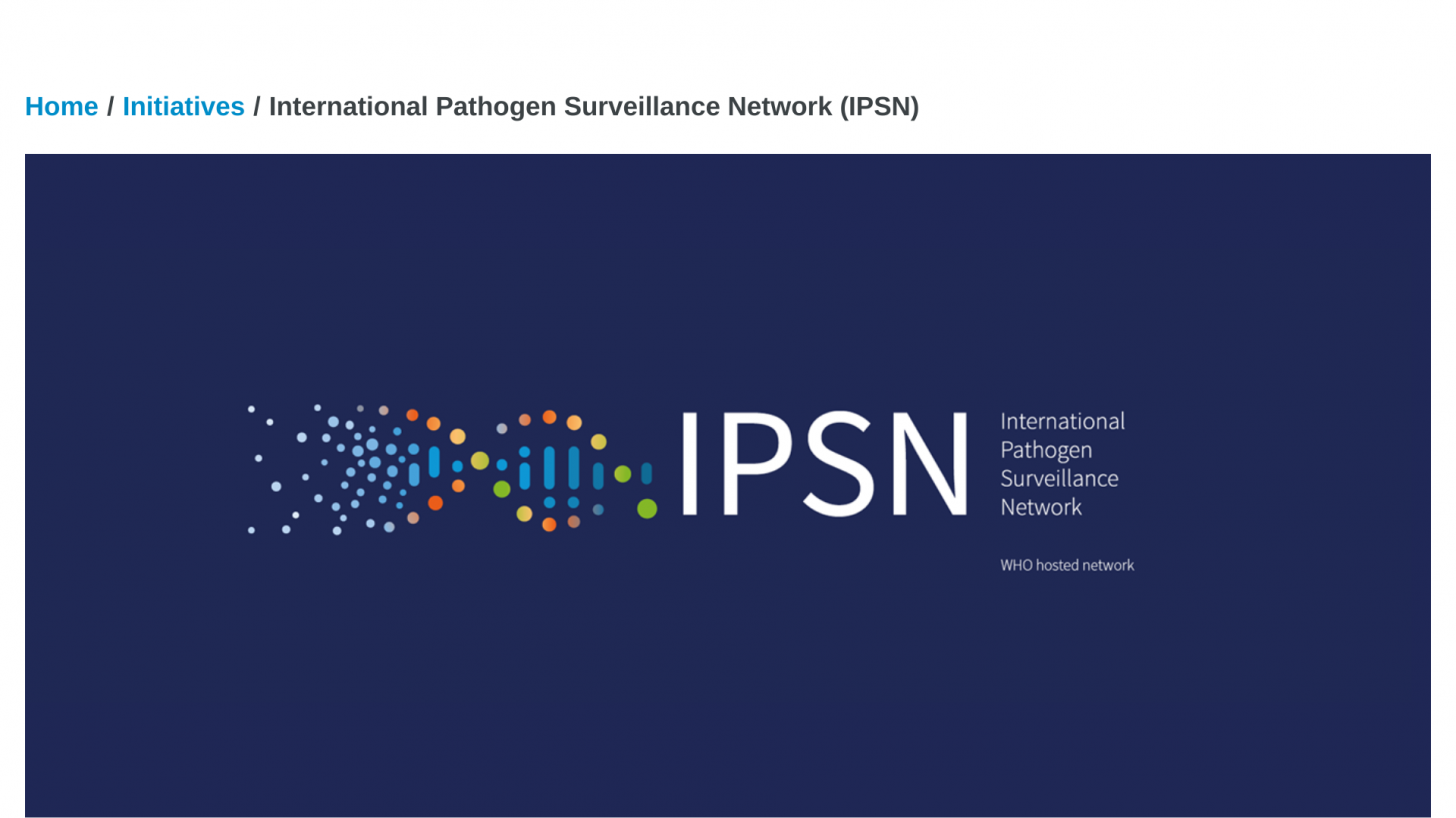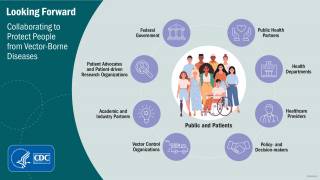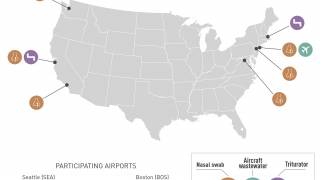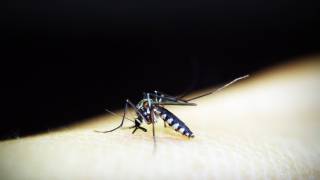Global Data Network to Analyze, Detect and Prevent Infectious Disease Threats

The World Health Organization (WHO) recently announced a global network had been launched to help protect people from infectious disease threats through the power of pathogen genomics.
The International Pathogen Surveillance Network (IPSN) will provide a platform to connect countries and regions, improving systems for collecting and analyzing samples, using these data to drive public health decision-making, and sharing that information more broadly.
Pathogen genomics analyzes the genetic code of viruses, bacteria, and other disease-causing organisms to understand how infectious they are, how deadly they are, and how they spread. With this information, scientists and public health officials can identify and track diseases to prevent and respond to outbreaks as part of a broader disease surveillance system and to develop treatments and vaccines.
The IPSN, with a Secretariat hosted by the WHO Hub for Pandemic and Epidemic Intelligence, brings together experts worldwide at the cutting edge of genomics and data analytics from governments, philanthropic foundations, multilateral organizations, civil society, academia, and the private sector.
All share a common goal: to detect and respond to disease threats before they become epidemics and pandemics and to optimize routine disease surveillance.
The goal of this new network is ambitious, but it can also play a vital role in health security: to give every country access to pathogen genomic sequencing and analytics as part of its public health system,” said WHO Director-General Dr. Tedros Adhanom Ghebreyesus, in a media release on May 20, 2023.
“As demonstrated during the recent pandemic, the world is stronger when it stands together to fight shared health threats.”
Genomics lies at the heart of effective epidemic and pandemic preparedness and response, as well as the ongoing surveillance of a vast range of diseases, from foodborne diseases and influenza to tuberculosis and HIV, says the WHO.
Its use in monitoring the spread of HIV drug resistance, for example, has led to antiretroviral regimes that have saved countless lives.
“Global collaboration in pathogen genomic surveillance has been critical as the world fights COVID-19 together,” added Dr. Rajiv J. Shah, President of The Rockefeller Foundation.
“IPSN builds upon this experience by creating a strong platform for partners across sectors and borders to share knowledge, tools, and practices to ensure that pandemic prevention and response is innovative and robust in the future.”
The IPSN will connect geographies and disease-specific networks to build a collaborative system to better detect, prevent and respond to disease threats. Members will work together in dedicated groups focusing on specific challenges, supported by funding through the IPSN to scale up ideas and projects in pathogen genomics.
By connecting countries, regions, and broader stakeholders, the IPSN will help to increase critical capacity, amplify regional and country-level voices, and strengthen their priorities.
Our Trust Standards: Medical Advisory Committee
























